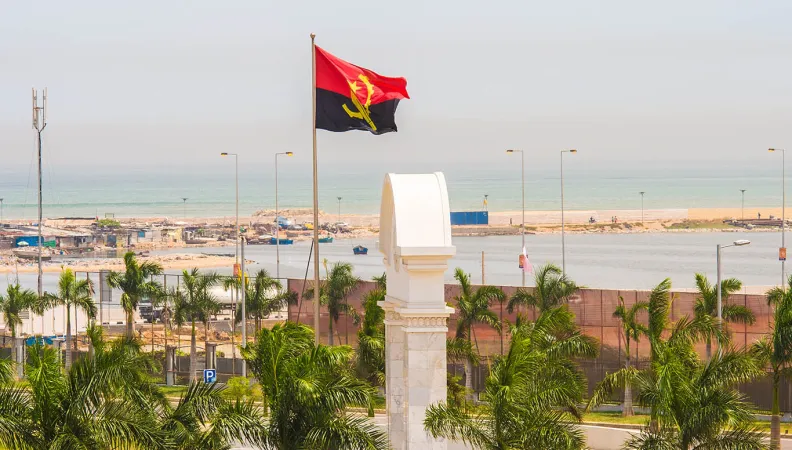Share the page
Elections in Angola: Will Angolans Choose a New Economic Path?
Published on

The outcome of the 2022 general elections, held on August 24, holds the key to transforming Angola's economic model. The importance of fostering a more robust, sustainable and inclusive development trajectory for the country, which has been marred by successive crises since 2015, has never been greater.
There are several issues at stake as Angolans prepare to vote to elect their president and representatives to the National Assembly. Angola’s economy has struggled to keep afloat. Immersed in a drawn-out political transition since the election of President Lourenço, and highly exposed to oil price fluctuations, there is a greater need than ever to transform Angola’s development model, and to pave the way towards a less 'fossil dependent' future. The 2022 elections will therefore mark an important new milestone in the life of this young nation.
Two main elements have precipitated the need for this transformation. The first is the 2014-2015 oil crisis, which revealed the fragility of an economic model that was excessively dependent on fossil fuels, and which led to strong macro-economic instability between 2015 and 2021. The second element stemmed from the reforms implemented since 2017, when João Lourenço took office. The reforms were designed to improve the transparency and governance of the political and financial system introduced by José Eduardo dos Santos, who died in July 2022.
In this context, the new AFD MacroDev Flash publication "Angola : quels enjeux pour la transformation du modèle économique à la veille des élections de 2022 ?" ( Angola's 2022 Elections: What's at Stake for the Economy?,currently only available in French), looks at the origins of the economic transformations initiated in recent years and examines the various macroeconomic and financial challenges that await the winners of the August 2022 elections.
